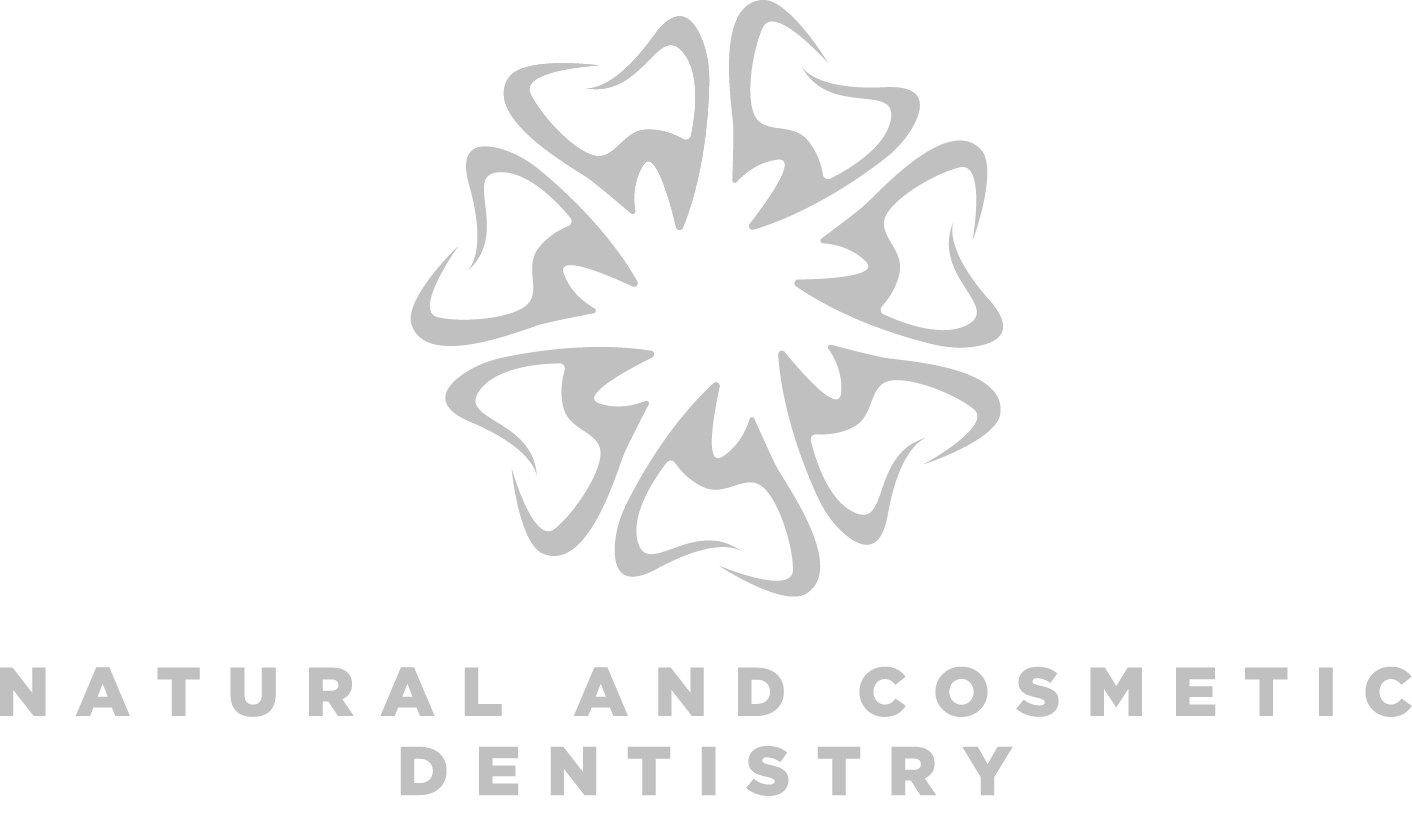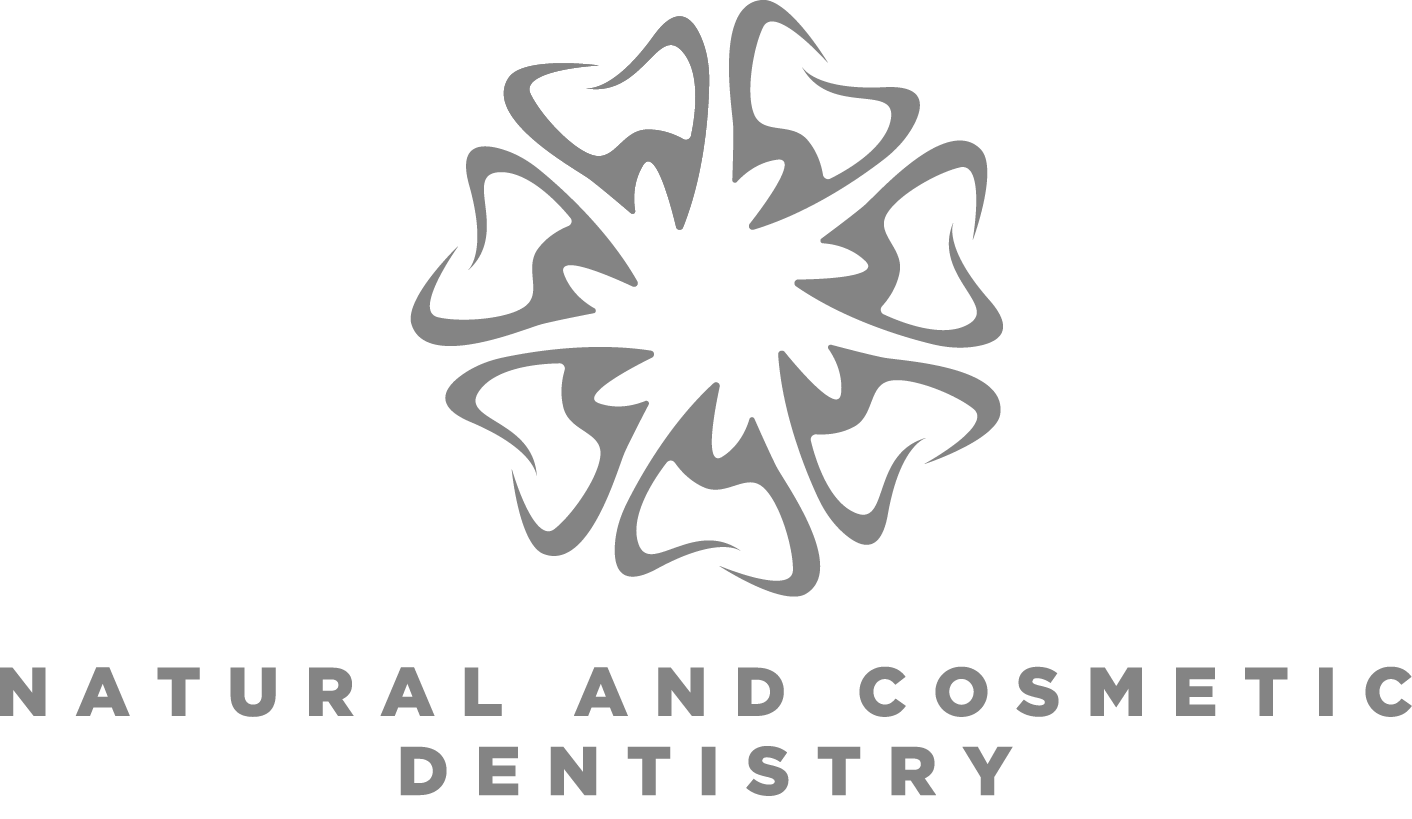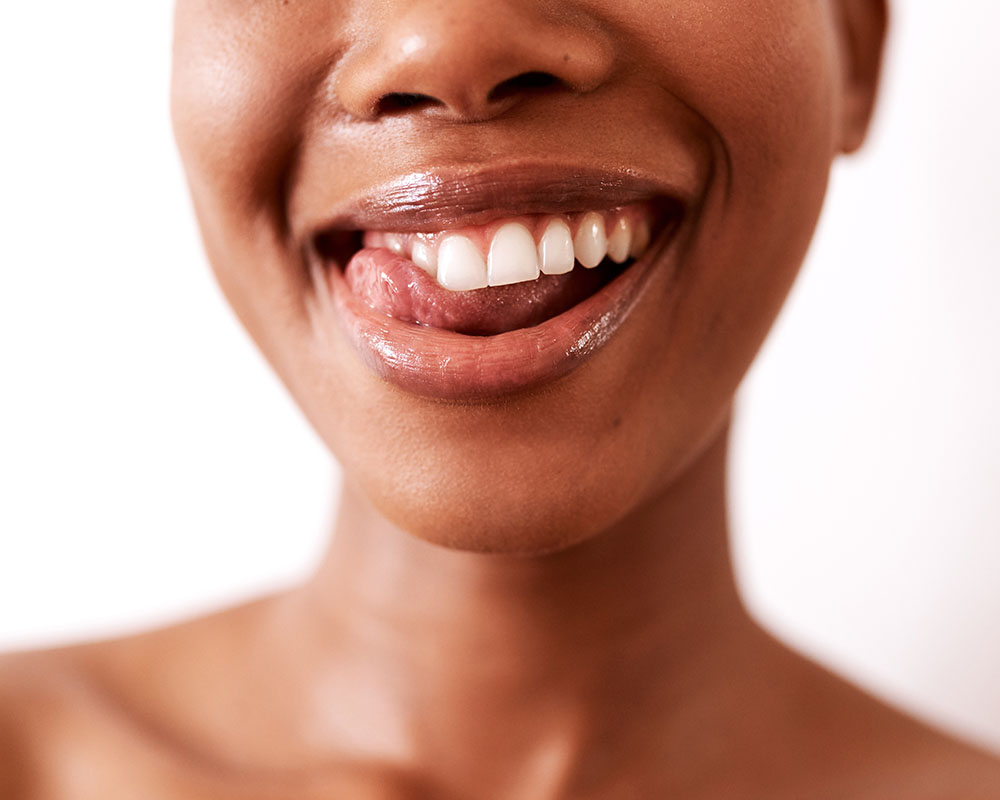Cavities and dental decay are one of the most common dental issues for adult patients. In some cases, patients will notice that a tooth is sensitive to cold or sweet foods and beverages and suspect a problem. In other cases, a dental exam or x-ray will detect the decay before the patient notices an issue. Dr. Beata A. Carlson & Associates of Natural & Cosmetic Dentistry in Clearwater, FL, help their patients understand the causes of dental decay and tooth cavities and the most effective treatment.
Decay is created by the mouth being too acidic foods like sugary food left on the teeth create acidity.
What causes tooth decay?
Many adult dental patients think that cavities are for children. Unfortunately, tooth decay can happen to anyone of any age. Tooth decay occurs when the outer layer of the tooth – the enamel – breaks down. The enamel’s damage is typically caused when sugar from food or beverages is not correctly removed from the teeth. These sugars turn into acid, which damages the tooth’s enamel. When the decay breaks through the enamel, it can continue to spread into the tooth’s deeper layers.
Cavities can occur on any tooth in the mouth. However, they are most common on the back teeth and on the teeth’ sides that can be hard to reach with a toothbrush.
Symptoms of tooth decay
Patients who have pain in their mouth often assume a cavity causes it. Cavities may not cause pain until it impacts the deeper layers of the tooth. Other tooth decay symptoms include visible spots on the teeth, bad breath, sensitivity to hot or cold, and previous fillings that feel loose.
Treatment for tooth decay
If tooth decay is caught early, it can be monitored. However, in most cases, a filling will be required to treat a cavity. In this case, the dentist will use a small dental drill to remove the tooth’s decay. The dentist will then fill the remaining hole with a safe and tooth-colored filling material. The material is hardened and then filed to ensure the patient has a proper bite. If the damage is more severe, a dental crown covering the entire top of the tooth may be required.
Prevention is key
Like many dental issues, cavities are easier to prevent than to treat. Dr. Beata A. Carlson & Associates remind their patients of the importance of proper brushing and flossing habits. They also suggest that patients limit their intake of sugary foods and beverages and instead opt for plenty of water. Additionally, regular dental exams are critically crucial to detecting signs of decay before a cavity erupts.
For more information or to Book an Appointment , call the Natural & Cosmetic Dentistry office today at 727-888-6523.



